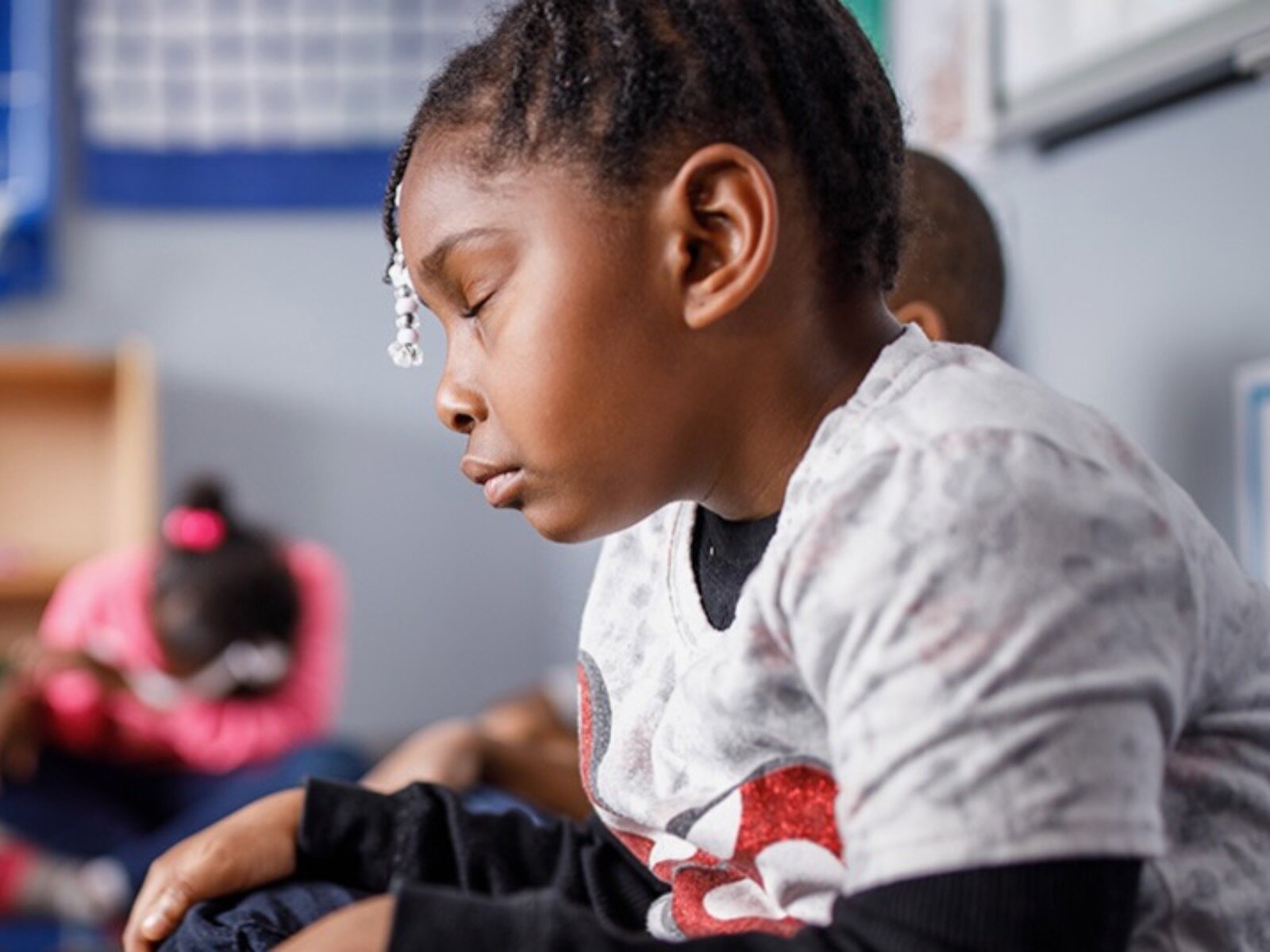As school reopens during an unprecedented year, experts urge parents to have conversations with their kids about their mental wellbeing.
Children’s Wisconsin, for example, is introducing a new campaign called "Shine Through," which is dedicated to facilitating difficult conversations about mental health for children.
The campaign is part of Children’s Wisconsin’s five-year, $150 million plan to improve mental health services in the state.
Lakiesha Russell, a child and family therapist with Children’s Wisconsin, said that children need to have a safe zone where they can express their emotions.
"Everyone has mental health"
Parents might be tempted to say their kids are "too young" to have mental health issues or not take them seriously. But children of any age can experience stressors, and it’s important to address them when they do, Russell said
"Everyone has mental health," Russell said. "Everyone needs a way to process it."
Russell said it’s important for parents to check in every day with their kids to see how they’re doing during the pandemic.
Russell said she stresses providing coping skills for the students, which includes giving them an outlet to express their emotions. Russell said that outlet can include writing, journaling or even deep breathing.
In addition, Russell tries to expand the "emotional vocabulary" of the children she works with. Instead of them relying only on "sad, mad and glad," she tries to teach students to go deeper and examine what they’re truly feeling.
Ultimately, Russell said, it’s important for parents to exhibit healthy behaviors and outlets themselves.
"Model what you want the children in your life to do," Russell advised.
Advice for remote learning
Latasha Holt, the youth social development director at Silver Spring Neighborhood Center, recommends establishing a schedule to help students get back in the mindset for school.
Holt has been practicing this with her daughter, who is in the seventh grade. She recommends waking kids up early and making sure they eat breakfast before they log onto online classes.
Holt also suggests giving students "debriefers" and recreational time to help break up the day. A debriefer can be any break where students don’t have to focus on schoolwork.
This could include taking a walk or doing something outside. Holt said lunch breaks and recess are examples of debriefers.
Holt said students need a routine, even while learning from home.
Parents, she said, should hold honest conversations with children about COVID-19.
The conversations should stress the importance of following safety precautions, while also reassuring kids things will be OK, Holt said.
"It’s important to sit them down and say: ‘This is how we as a family are going to deal with it,’" Holt said.
Key takeaways
- Create a "safe zone" for your kids.
- Give kids an outlet to express their emotions.
- Check in regularly with your kids.
- Expand their "emotional vocabulary."
- Give kids a routine.
- Model the behavior you expect.
- Make sure kids eat before they begin virtual instruction.
- Make sure kids get breaks from virtual learning.
- Have honest conversations with them.







